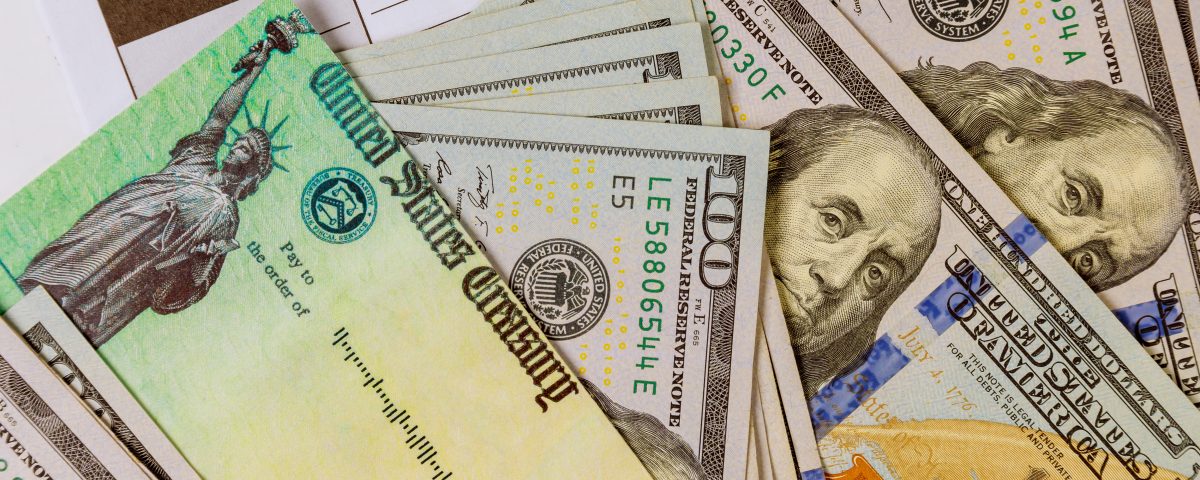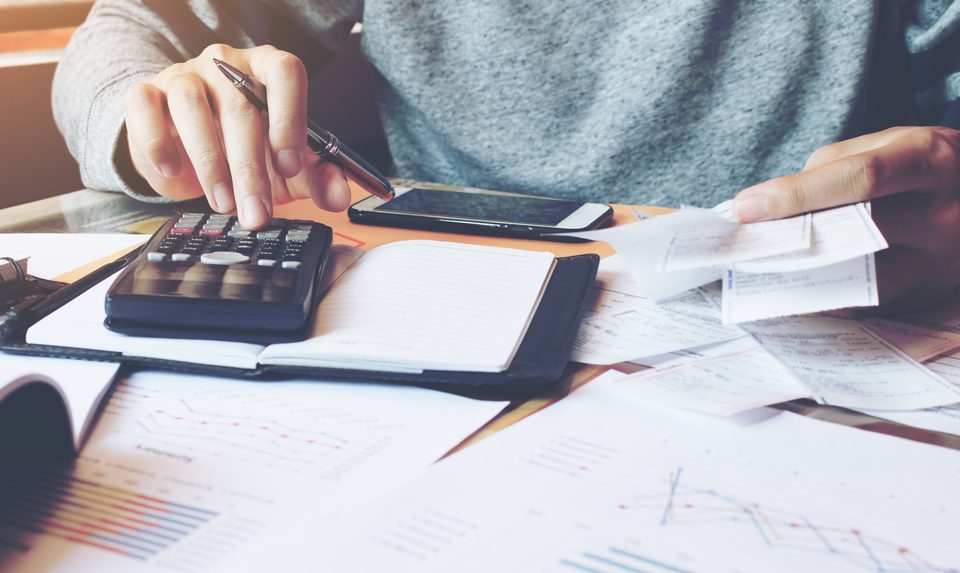Can They Take My Stimulus Check During Bankruptcy?

How an Automatic Stay Works in Bankruptcy
September 3, 2019Understandably, you’re worried about whether bankruptcy will affect your 2021 stimulus check. You’re not alone.
People considering bankruptcy throughout the U.S. have the same concern. They want to know whether they will be able to keep their stimulus checks during bankruptcy.
With the promise of some financial relief, you don’t want to find that a bankruptcy trustee is going to seize the check.
The good news is that you aren’t going to lose your stimulus payment. Whether it’s the existing $600 for individuals, $1,200 for married couples, or the promised $2,000 for 2021, the bankruptcy trustees can’t touch it.
With that in mind, we’ve also got some smart ideas on how you can use your stimulus check to get rid of debt.
Bankruptcy Protection for Stimulus Checks
You might know that when the first stimulus checks were paid in response to the financial crisis caused by the COVID-19 pandemic during 2020, nobody lost them as a result of filing for bankruptcy.
Additional protection was introduced in December 2020 in the form of a new Bankruptcy Code that provides those in bankruptcy with several new protections. Specifically, the Consolidated Appropriation Act (CCA) adds “recovery rebates” to the existing list of exclusions that cannot be taken from a bankrupt estate during the bankruptcy process.
In other words, the new exclusion guarantees that your stimulus check isn’t part of your estate and therefore it cannot be taken from you.
As new stimulus payments are initiated, we believe that the CARES Act will continue protections. So, provided Congress carries on authorizing stimulus checks, they should be protected.
Your Stimulus Check Can Give You a Fresh Financial Start
A question many clients ask is whether they should use their stimulus checks to pay outstanding bills or file for bankruptcy. Generally, our advice is to use the cash to file for Chapter 7 bankruptcy and wipe out most, if not all, of your debt. But it depends on how much you owe and what percentage is unsecured debt like credit cards and medical bills.
If you owe tens of thousands of dollars, $600 to $2,000 isn’t going to make a dent in your debt.
But filing for bankruptcy could be a life-changer.
Every case is different, so you will need to speak to a bankruptcy attorney to ensure that you make the right decision based on your particular financial situation. My SJK team of bankruptcy experts is standing by to advise you and help you begin a new financial life.



